Pivot Power has unveiled plans to build a network of grid-scale batteries across the UK, which it claims will power the largest network of electric vehicle (EV) rapid charging stations in the world.
It says the £1.6bn programme will provide infrastructure to support the rapid adoption of EVs, while introducing flexibility into the energy system to accommodate the demands of mass EV charging and higher levels of intermittent renewable generation.
Pivot Power plans to develop 45 sites around the country, installing grid-scale 50MW batteries at electricity sub-stations connected directly to the extra-high-voltage transmission system. These will give the electricity system operator National Grid a new resource in managing supply and demand.
According to Pivot Power, the battery network will be the world’s biggest, storing enough electricity to supply 235,000 average homes for a day. It will have the ability to release or absorb two thirds the power of the planned Hinkley Point nuclear power plant in response to grid balancing requirements.
Sites have been chosen near towns and major roads where they can also power rapid EV charging stations. These will be fed directly by the transmission system, and so will be able to offer mass charging, supporting up to 100 rapid 150KW chargers. They will also be able to support rapid 350KW chargers when they are available in the UK.
It will also be the world’s largest network of rapid charging stations, addressing the three biggest barriers to EV adoption identified by the Department for Transport: availability of chargers, distance travelled on a charge, and cost.
Graeme Cooper, National Grid project director for electric vehicles, said: “We expect the use of electric vehicles to grow rapidly. This innovative solution will help accelerate adoption by providing a network of rapid charging stations across the country enabling cars to charge quickly, efficiently and as cost-effectively as possible.
“It will also give the system operator more choice and flexibility for managing the demands in the day to day running of the network, and also help mass EV charging.”
Pivot Power aims to have operational batteries at 10 sites within 18 months. Each will provide a hub that can support a variety of infrastructure such as public rapid charging stations, electric bus depots and bases for large transport fleets. A site on the south coast could be operational by the middle of 2019, subject to planning approval, and more details will be announced in the coming months.
CEO Matt Allen said: “We want to future-proof the UK’s energy system and accelerate the electric vehicle revolution, helping the UK to clean up its air and meet climate targets. Big problems require big solutions, and we are moving fast to put in place a unique network to support a clean, affordable, secure energy system and embrace the low-carbon economy.
“We are keen to hear from anyone who shares our vision and wants to ‘go electric’, particularly partners with large fleets such as local authorities, supermarkets and logistics companies.”


























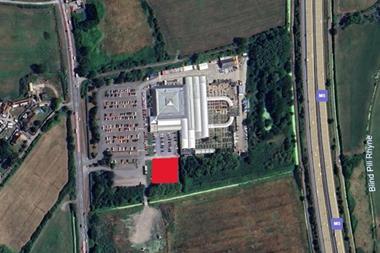


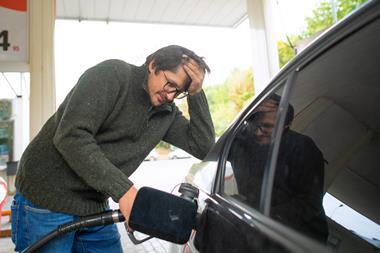
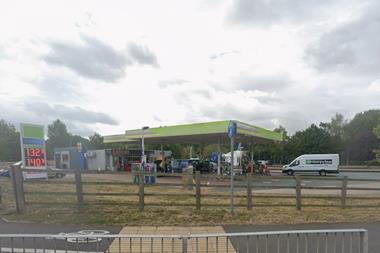
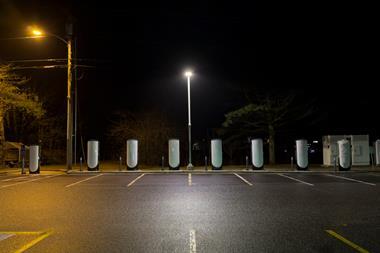
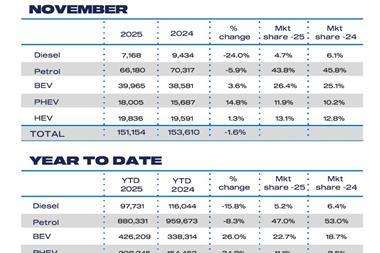
No comments yet